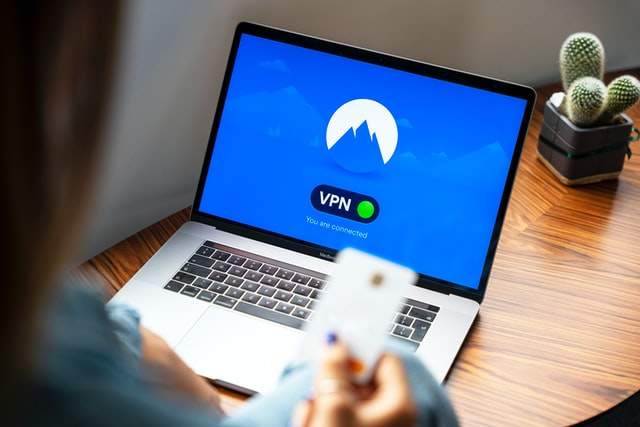VPN is gaining popularity not only as a way of circumventing geolocation, but also as a great way to boost online security. Read on for insights on how to choose a solution best fit for your browsing experience.
VPN: choose protection, not exposure
First, be careful not to get misled. Online services that offer geolocation bypass might not actually be a VPN. A proxy server can also be used to alter your IP address, but it does not re-route or secure your online traffic. Some websites deliberately give a wrong idea of using a VPN while it is just a proxy. Make sure to check exactly what you are dealing with!
Misinformation might be the first step to data stealing. Be cautious with claims like ‘the best VPN, free of charge’. Running such a business requires managing data centers and a complex network architecture. This generates costs, so when there is no paid version, you can expect intrusive advertisements to pop up. Worst case scenario is that your browsing habits will be logged and sold to third party advertisers. But don’t panic – actual data thefts are out of question for renowned VPN providers.
Best VPN – features
When using a tunneled Internet connection, you want to change your IP address, increase security and protect your privacy. This can be achieved with several functionalities:
- Encryption. Every reliable VPN must come with this feature. It protects your transfers on the way from your device to the VPN server. AES (Advanced Encryption Standard) is a widely applied and safe encryption algorithm.
- Appropriate protocols. These are the technologies a VPN software uses to run. They govern all the technical aspects of this connection, so they must not have any severe vulnerabilities. OpenVPN and WireGuard are widely considered as safe, so is the combination of L2TP and IPSec. PPTP is a deprecated standard, not recommended due to security issues.
- Multiple versions. This is a part of good customer service. Reliable VPN providers like TuxlerVPN offer VPN for MAC, Windows and even appropriate browser extensions. If you choose a paid version, this is a must. You don’t want to get charged twice for protecting several devices with various systems.
- Residential VPN. This is an alternative for data center VPNs. The latter are heavily used for malicious purposes, like spamming. Therefore, they are more heavily scrutinized by localization systems trying to track them down. A residential VPN means that your apparent IP address will be taken from a pool of real IPs assigned to home users around the world. This assures far more anonymity than the data center option.
- User-friendly interface. Worrying about security should not be replaced with worrying about elaborate technical details. If possible, find a screenshot of the user interface. The one crucial setting is a preferred location. Others might be available, but not necessarily visible all at once. This way, no one shall get confused.

Which VPN is the best?
Internet connectivity is an obvious thing to have in every household. But there can be more to it than just plugging a router in. You are entitled to protect your privacy. You have the right to remain anonymous when browsing the Web. If you don’t want to worry about any security issues – the answer is a premium VPN service. When choosing the best one for you, remember to read online reviews before trusting it. Use the above list to decide carefully, as your VPN provider will be steering all of your Internet traffic. A free trial period or a limited unpaid version is also an advantage. It allows for testing your experience in practice before investing in your solution of choice.

